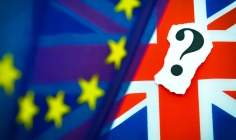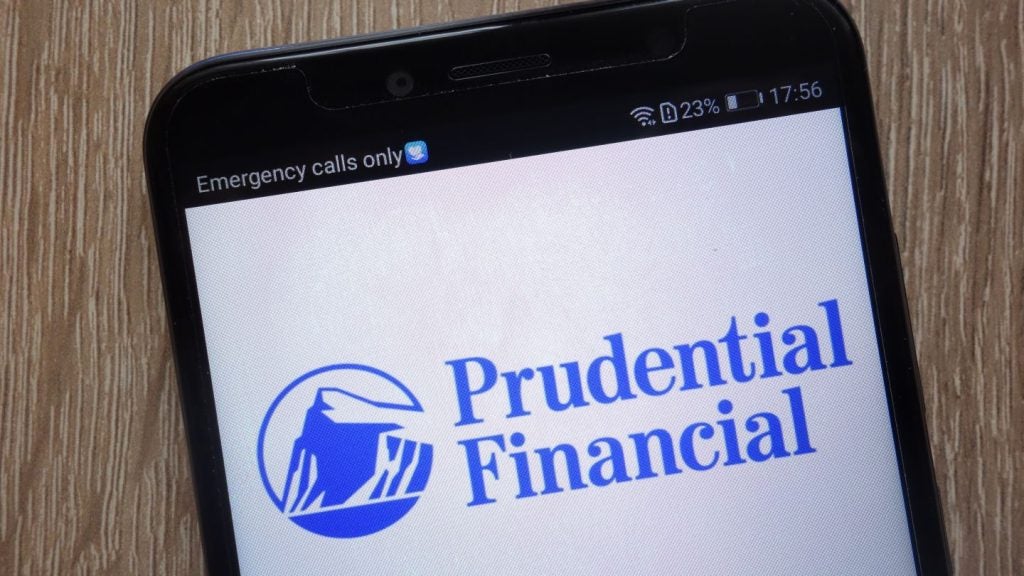
The ABI’s director general, Huw Evans, has said today’s landmark Brexit speech by UK Prime Minister Theresa May has provided “greater clarity”.
According to the BBC, May has said the UK "cannot possibly" remain within the European single market, as staying in it would mean "not leaving the EU at all".
But the Prime Minister promised to push for the "freest possible trade" with European countries and to sign new deals with others around the world.
Evan said the Prime Minister’s speech has provided greater clarity on her Brexit aims as the UK heads toward the triggering of Article 50.
She also announced Parliament would get to vote on the final deal agreed between the UK and the EU.
Reacting to May’s speech, Evans said: “We agree there are significant trade opportunities that a more global focus on competitiveness can bring.
How well do you really know your competitors?
Access the most comprehensive Company Profiles on the market, powered by GlobalData. Save hours of research. Gain competitive edge.

Thank you!
Your download email will arrive shortly
Not ready to buy yet? Download a free sample
We are confident about the unique quality of our Company Profiles. However, we want you to make the most beneficial decision for your business, so we offer a free sample that you can download by submitting the below form
By GlobalDataPhased implementation
“Her commitment to a phased implementation process is welcome, but providers still need as much as possible resolved at the beginning of the negotiation process to minimise uncertainty for firms most affected by loss of automatic single market access.”
He added that the ABI will also continue to press for a UK regulatory regime that becomes suitable for the British market, successor arrangements for passporting, swift agreement on labour market access and a harmonised data regime.
Reacting to May’s speech, Sian Hill, head of Brexit for Insurance at KPMG UK, said the Prime Minister has made her intentions quite clear.
Hill said: “UK insurers have been preparing for this outcome and putting plans in place for life after a ‘hard brexit’. It will throw up challenges, but opportunities could also arise from increased competition and a need for new products.”
Speaking at the Treasury Select Committee on European Insurance Regulation, Phil Smart, head of insurance at KPMG UK, added that however the Brexit negotiations turn out, UK insurers need to retain an ability to operate in Europe and maintain regulatory equivalence.
Smart said: "Leaving the European Union does give us an opportunity to make some adjustments to Solvency II that make the post-Brexit UK insurance market a more competitive one.
“There needs to be a balance between consumer protection and market competition and alterations can be made without moving away from the globally recognised regulation of Solvency II entirely.”
Timetric Insurance Intelligence Center analysis
Analysing the implications of May’s Brexit speech for insurers, Jay Patel, insurance analyst at Timetric’s Insurance Intelligence Center (IIC), said the UK Prime Minister had for the first time sent a clear message that the UK would no longer have full access to the single market.
Patel said: “The Prime Minister’s stated desire to have a transitional agreement in place while the UK moves from full membership of the EU to its new, as to be agreed relationship, would have also been reassuring for an industry worried about the ‘cliff-edge’ effects of Brexit. “
He added that the bad news for the UK insurance sector is that leaving the single market means in all likelihood the loss of the passport in financial services.
'Equivalence challenge'
In Patel’s view, the next best alternative, equivalence, is still quite far removed from passporting in terms of a degree of access to Europe’s internal market for financial services.
He added that if third country equivalence was agreed upon, it would impinge on the regulatory independence of the UK in future, as it would be bound in many cases to replicate the EU’s regulatory changes in order to maintain its position as a third country equivalent regime.
Patel said: “While the complexity and uncertainty of Brexit was by no means untangled by this speech, it did provide more clarity than there was beforehand. Given the sigh-inducing obfuscation and mixed messages over the past six months or so, it was a welcome relief of sorts.”







